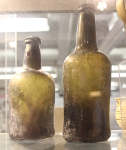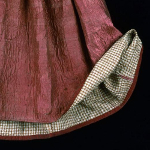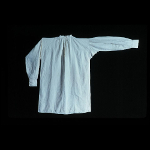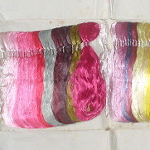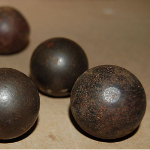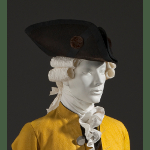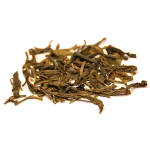Artifact: Indigo Cakes

Materials: Indigo
Dimensions:
Date:
Origin:
Collection: David Stroe via Wikimedia Commons
License: CC BY-SA 3.0
Ledger Entry: Indigo

Department: Craft
Customer: John Davis
Ledger Page: 82
Imported From: Indigo was one of the cash crops grown on colonial plantations and exported to Europe. The indigo produced in colonies such as South Carolina relieved the English market from dependence on trade with France and Spain for indigo.
Product Description
Indigo is a plant-based blue dye that was used primarily to dye textiles. It was used to dye a variety of fabrics and was common for clothing of both the elite and the poor and enslaved, although the indigo produced in the colonies was of a lower quality and therefore typically used for clothing of the lower classes.
Citation: Feeser, Andrea. Red, White, and Black Make Blue : Indigo in the Fabric of Colonial South Carolina Life. Athens, GA, USA: University of Georgia Press, 2013;
Historical Price: 9 pence per oz.; Modern USD: $8.41
Product Variations
The databases record nine purchases of indigo. Indigo was sold in quantities of one to four ounces, and the price ranged from six to sixteen pence. They were sold in units of papers here, probably small envelopes of powdered indigo.
